Help
Community21 has selected some case study communities and projects to share across the network to inspire and inform others. Should we be featuring yours? If so get in touch.
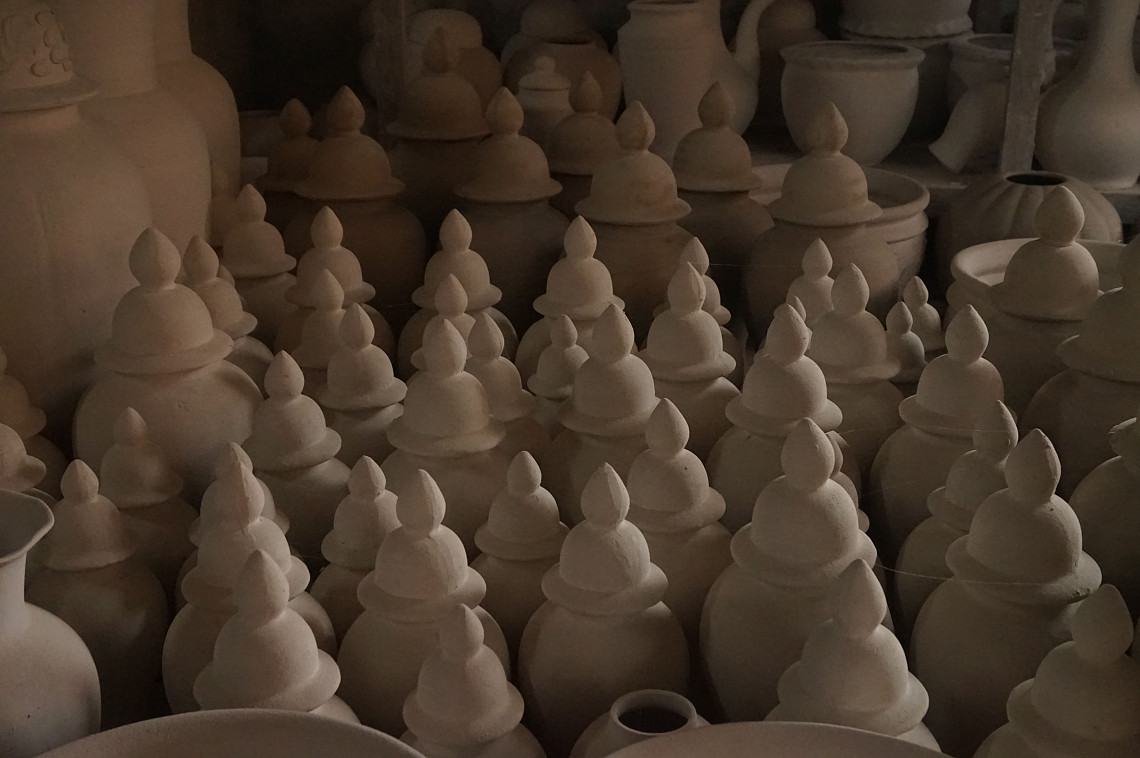
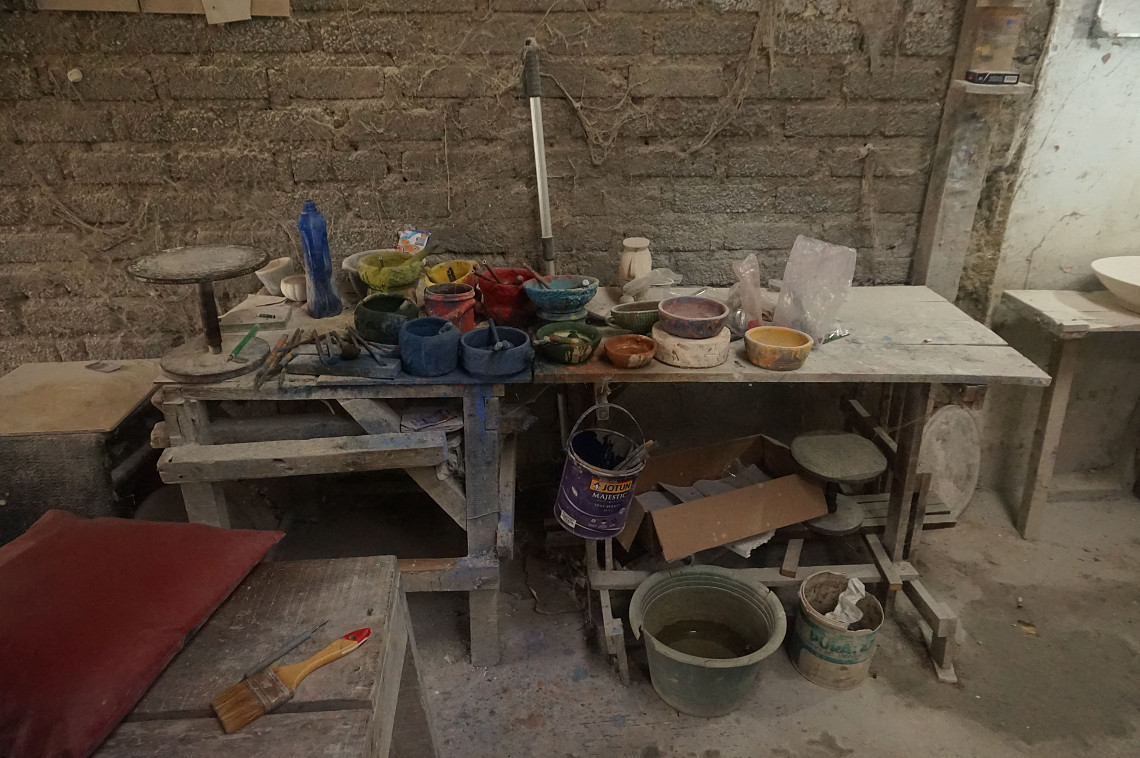
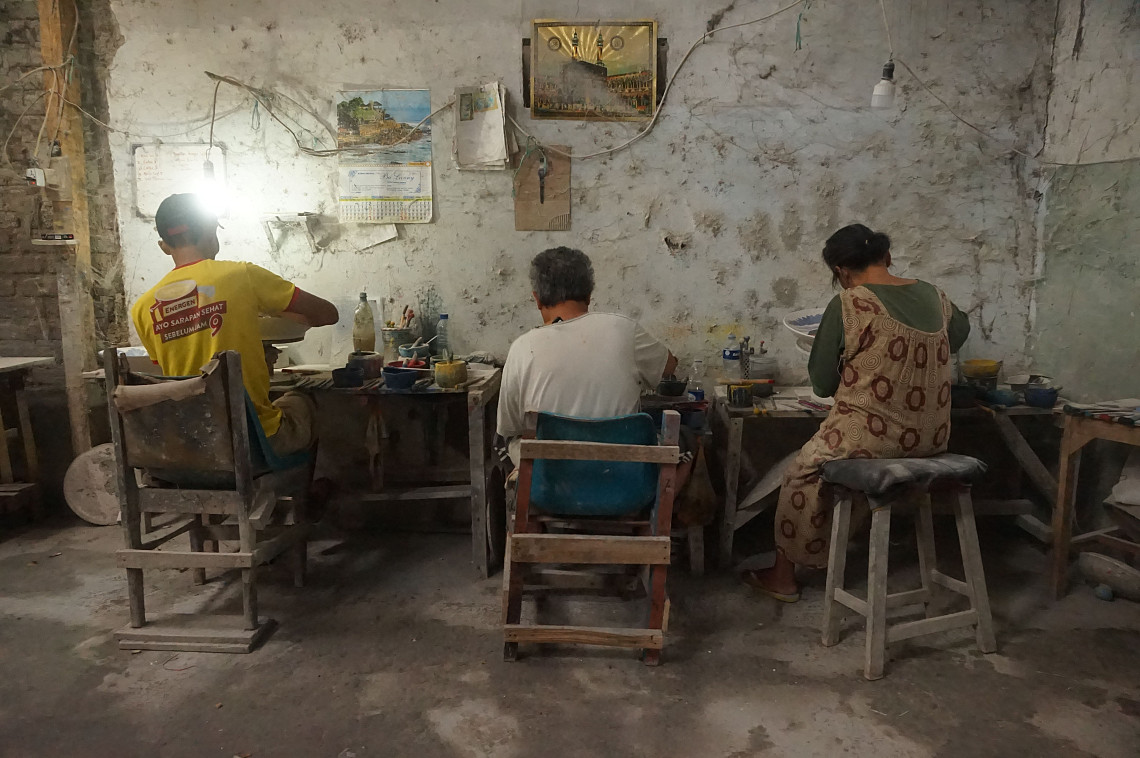
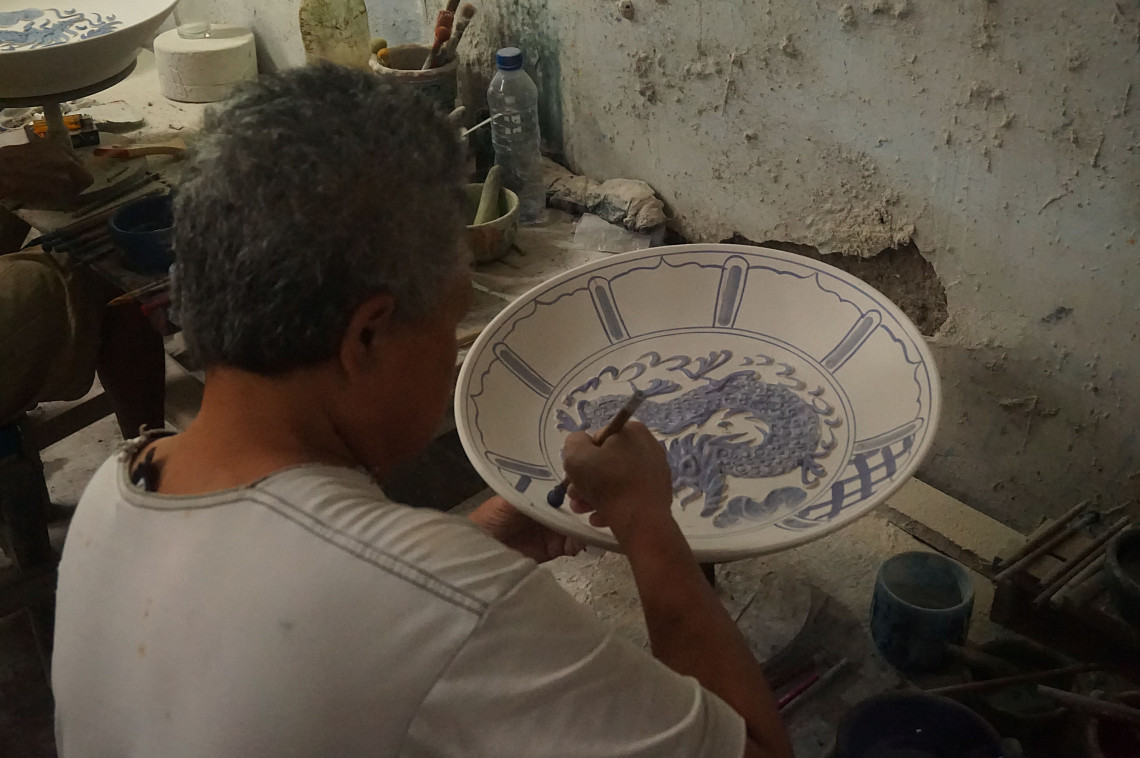
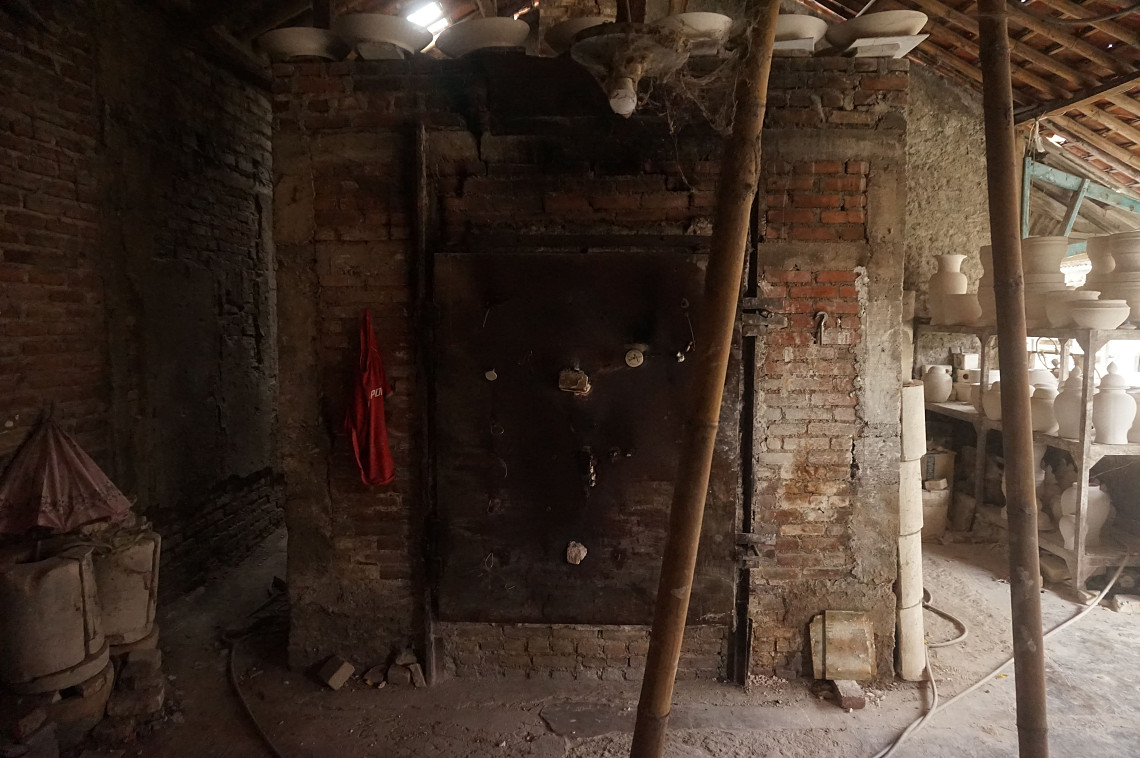
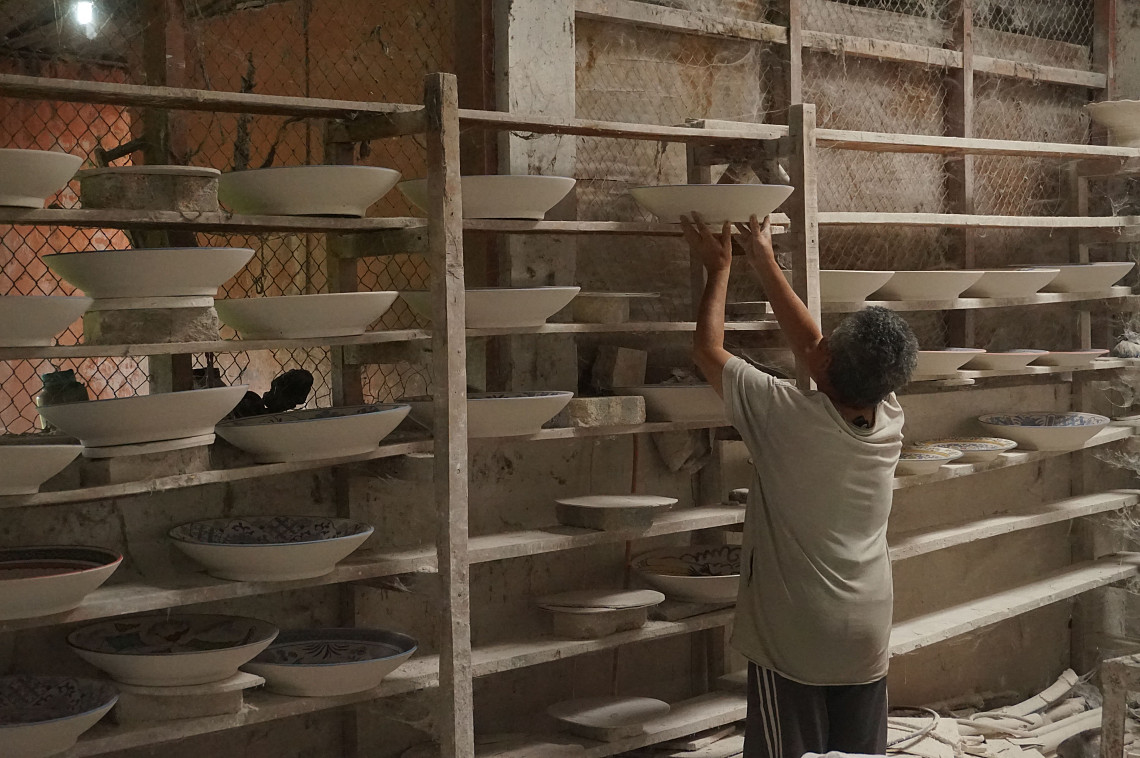
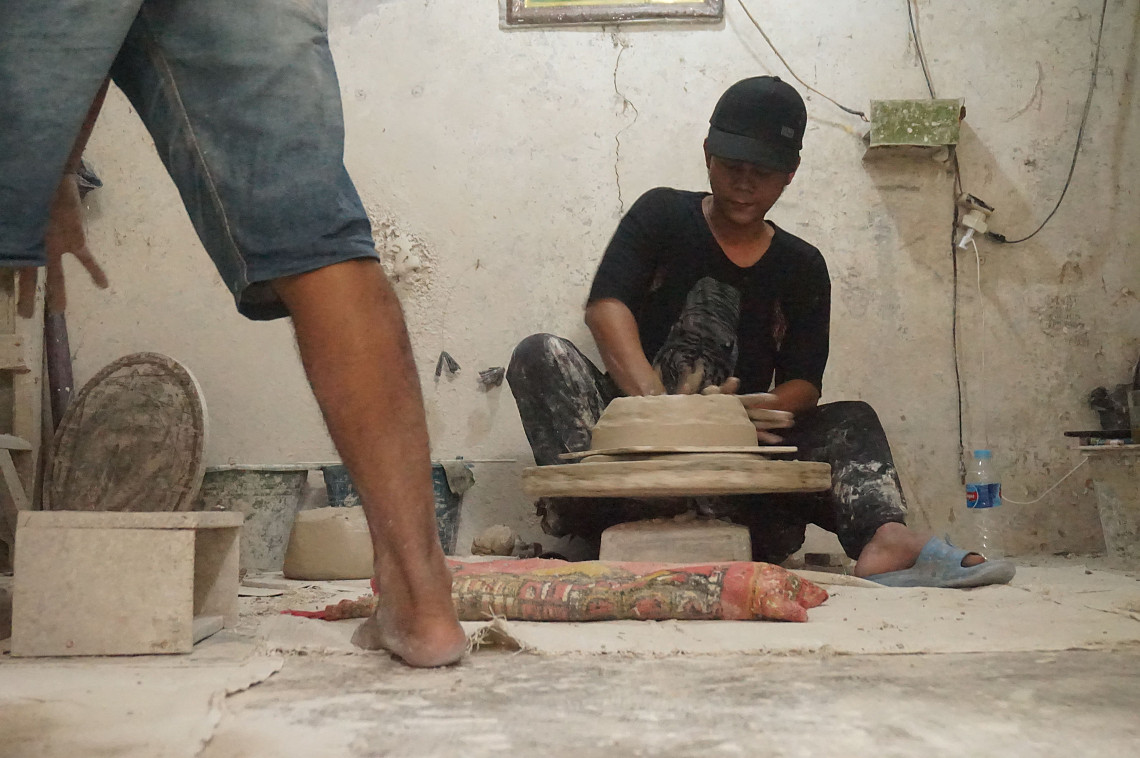
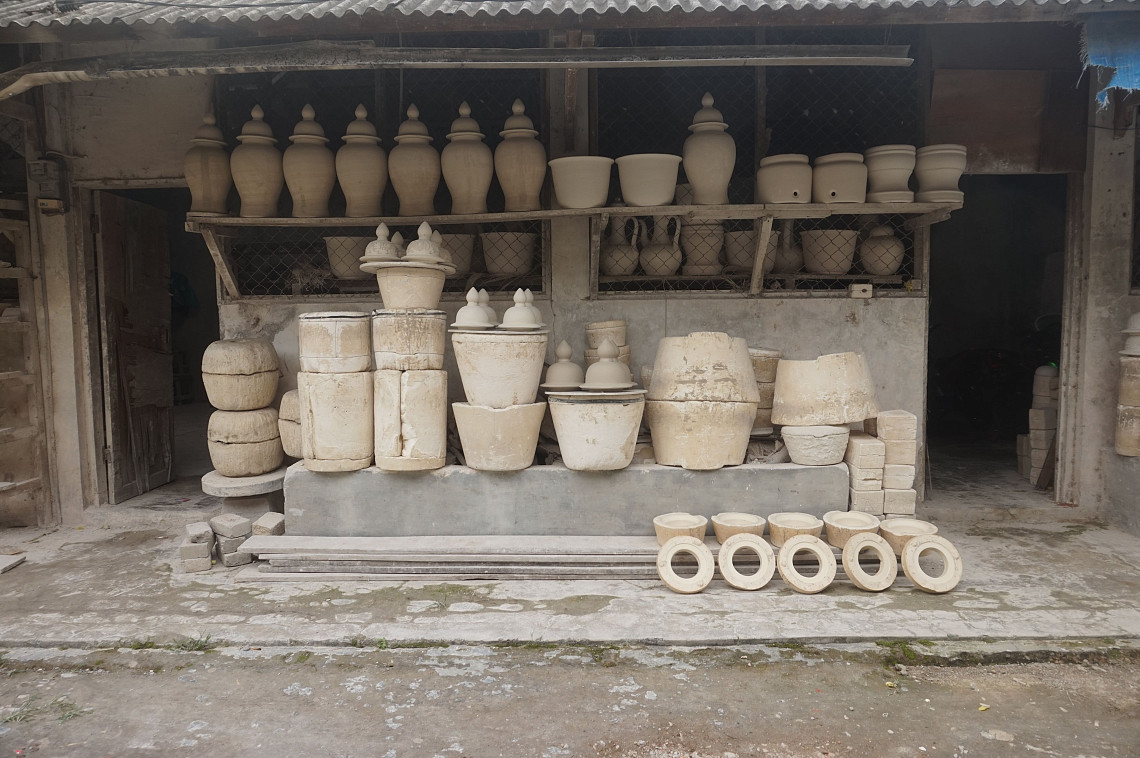
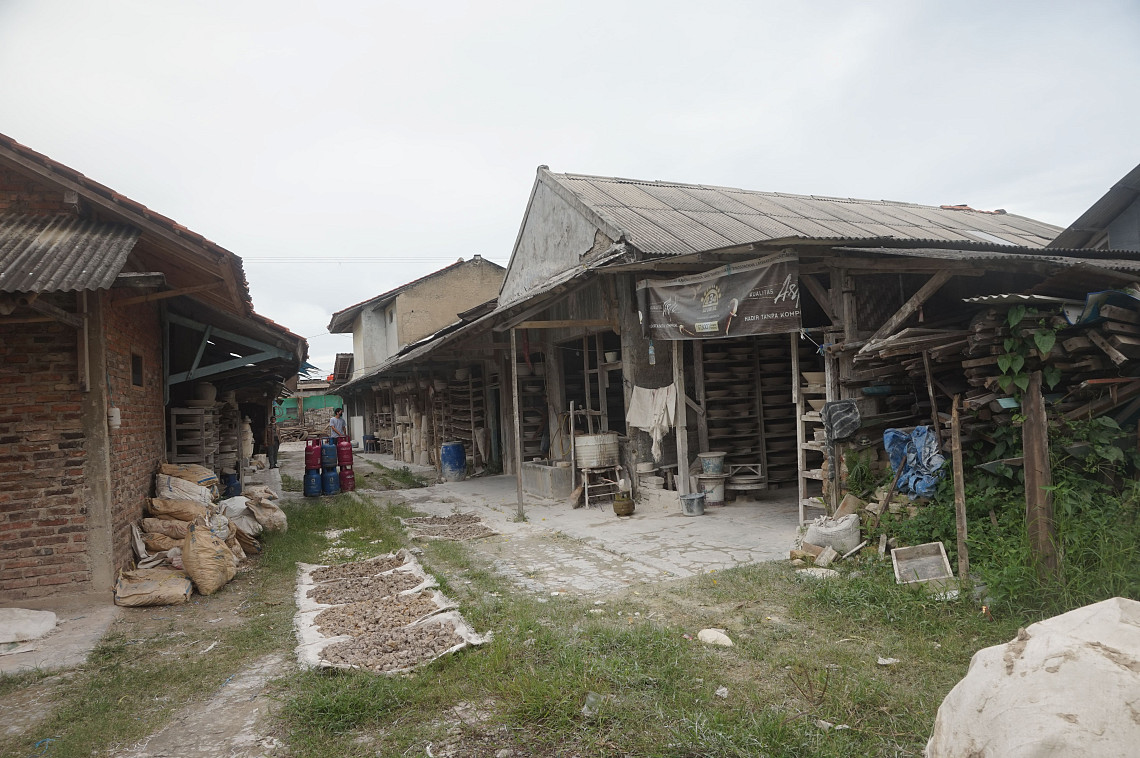
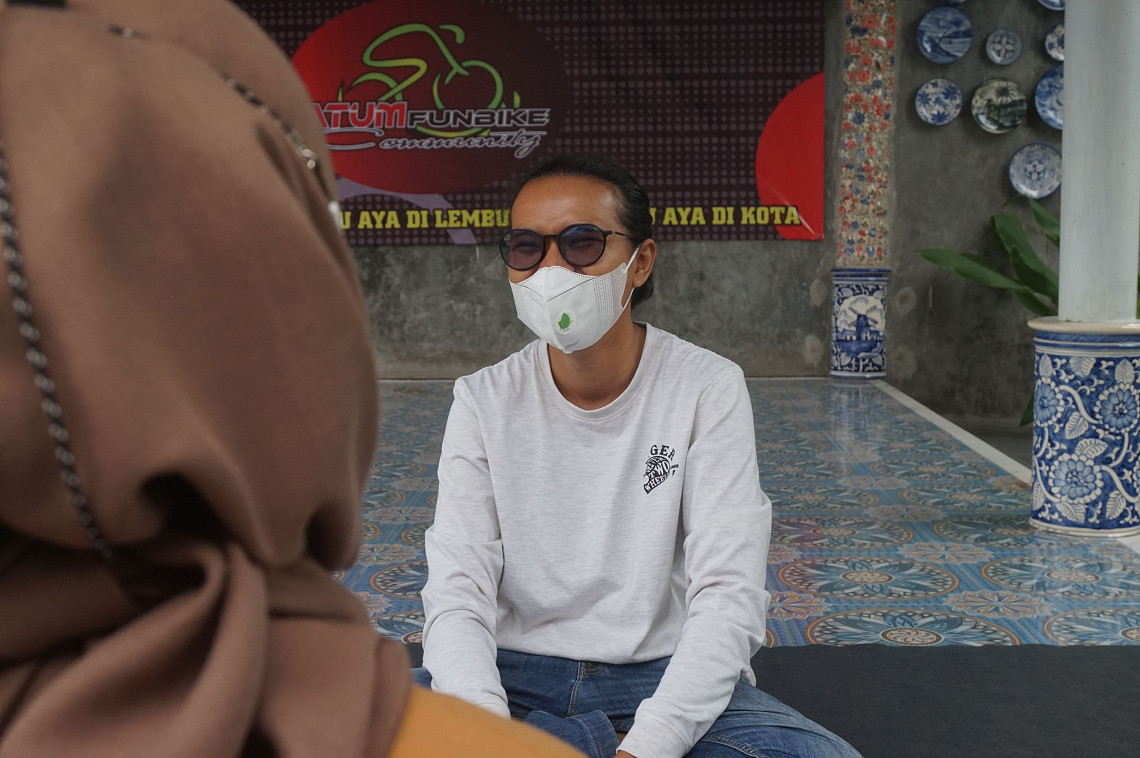
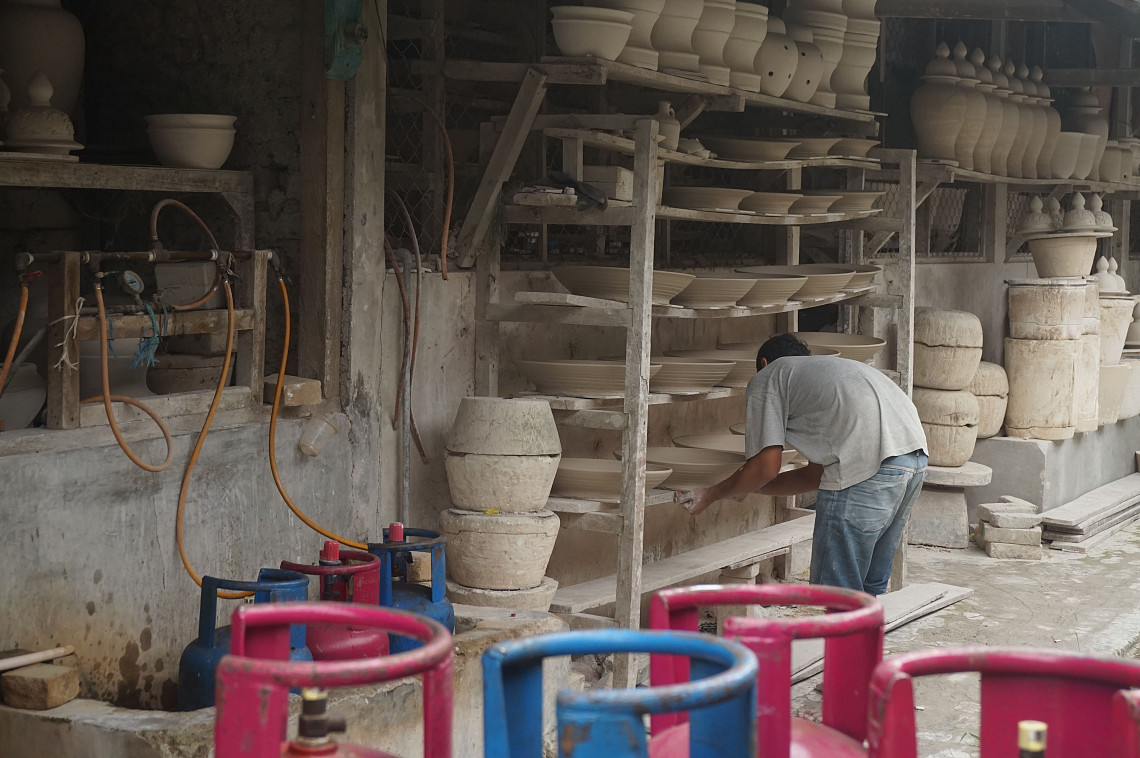
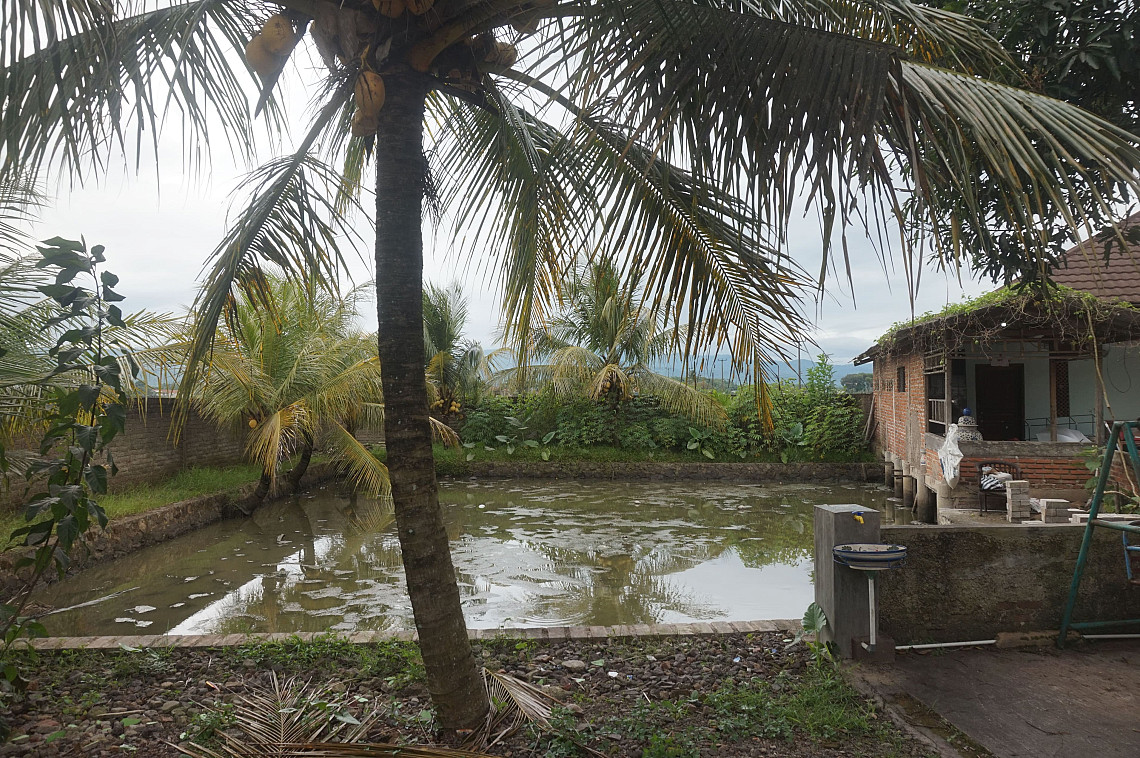
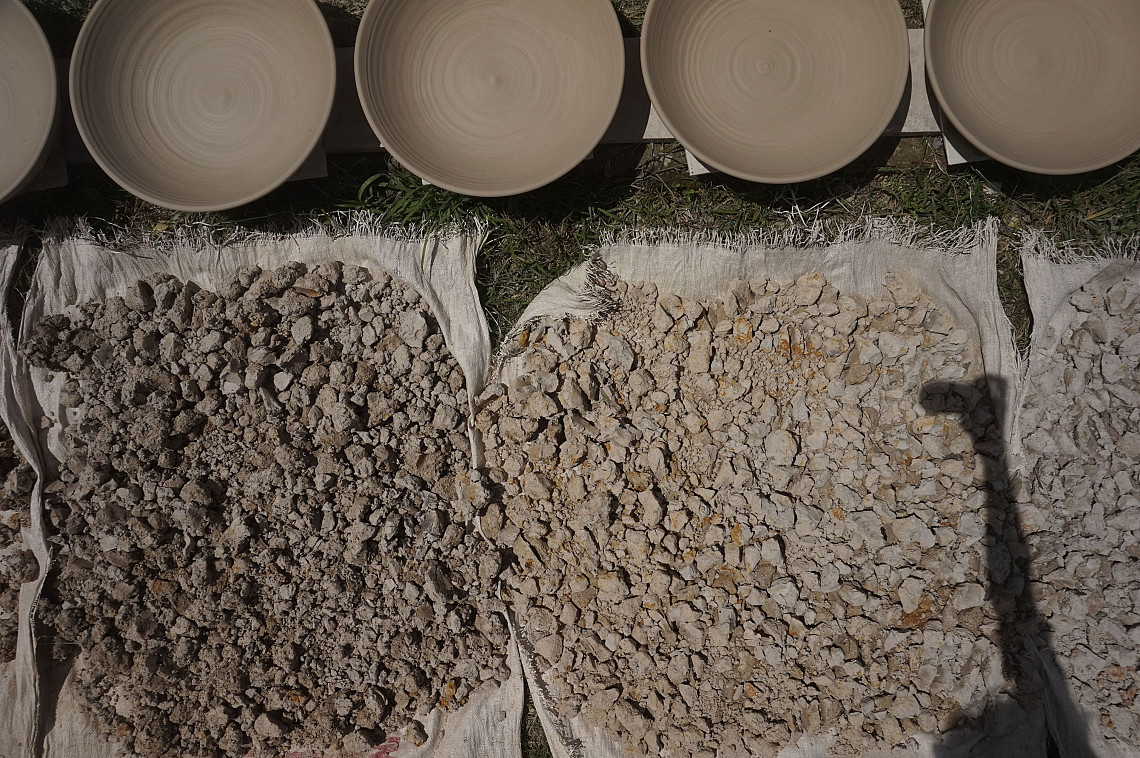
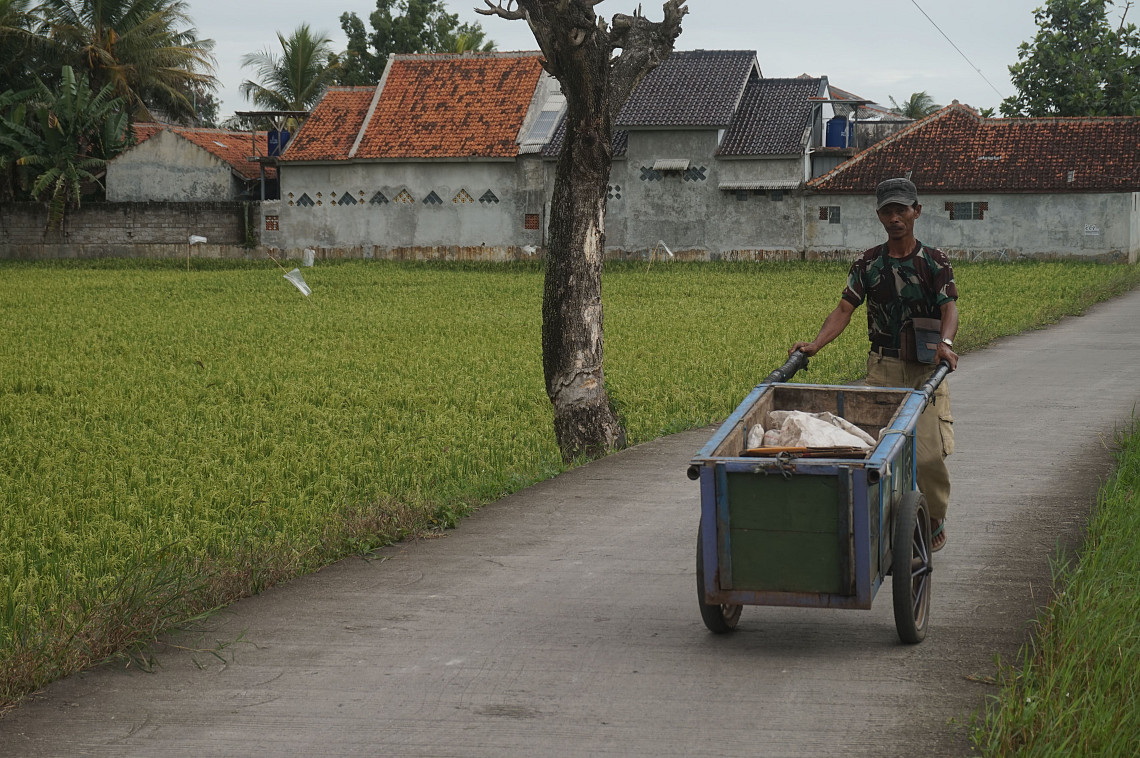
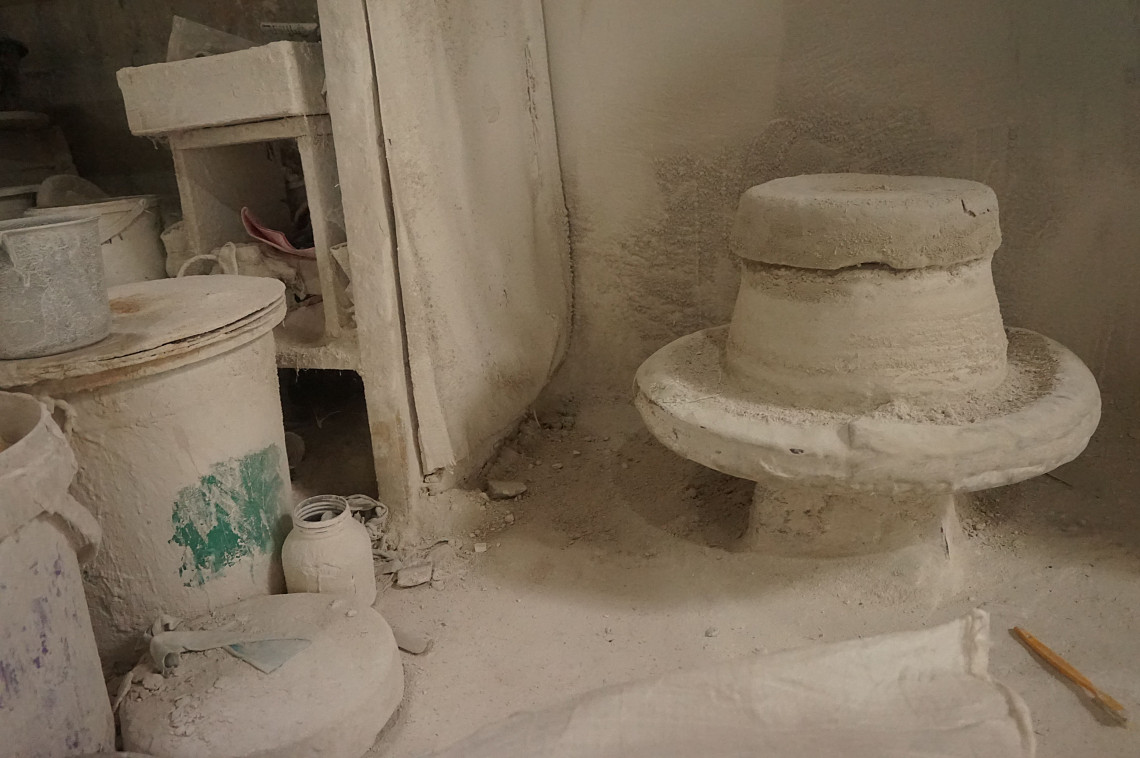
Name: Nuni Nuraeni
Location: Ciranjang District, Cianjur Regency
Specialist materials: Ceramic
Products: Pottery, homeware
Links: https://instagram.com/pancanitikeramik?utm_medium=copy_link
Pancaniti Ceramics is one of the ceramic producers located in Ciranjang District, Cianjur Regency. It is established in 1985 by the great-grandfather, continued by the grandfather, later continued by the parents until finally, in 2015 until now, is managed by Teh Nuraeni—commonly called Teh Nuni—whose the fourth-generation successor of the ceramics business. In the beginning, Pancaniti Keramik only made marbles and glass products, until one day, Teh Nuni's parents attended a three-month training from a ceramics education center and decided to move the ceramic production site from Bandung to Ciranjang. Pancaniti Keramik is known for its product characteristic, called “a thousand cracks,” because visually, the products appear to have many cracks. The Process of making ceramics at Pancaniti Keramik is the same as making ceramics in general, which consists of forming clay by turning, drying, and burning at a temperature of 1200 degrees Celsius to the finishing process using the glazing technique.
The materials used to make ceramics are clay and kaolin. Sometimes, Teh Nuni encounters obstacles in finding raw materials, which appears to just happened some time ago. Kaolin, usually obtained from the Bangka area, was temporarily unavailable. Teh Nuni had to find another alternative by buying waste kaolin from a paper factory in West Java. Teh Nuni constantly reuses the remaining clay or kaolin to make products. Meanwhile, products that do not pass quality control will be sold or destroyed at a much lower price. Initially, Pancaniti only marketed the products to resellers and customers who were already familiar with Pancaniti's products by word of mouth. As time goes by with the increasing use of social media, Pancaniti Keramik began promoting and selling products through Instagram as a form of marketing innovation. Sales through Instagram have been increasing in the past three years, with the products being widely recognized and more resellers joining from various regions. Currently, Teh Nuni aims to expand the market and create new products with different designs while following the recent trends to make its design characteristics.
At present, the manufacture of ceramics at Pancaniti Keramik still uses the traditional method and with minimal help from mechanical power. This way of making has been passed down from previous generations to the craftsmen in the workshop. Finally, Teh Nuni said that she provides opportunities and facilities for young people around the factory who wants to learn ceramic making because the regeneration of craftsmen has been getting more and more difficult. Those who want to learn and develop their skill will be educated from scratch at Pancaniti Keramik, hoping that this ceramic craft will continue to exist in the future.